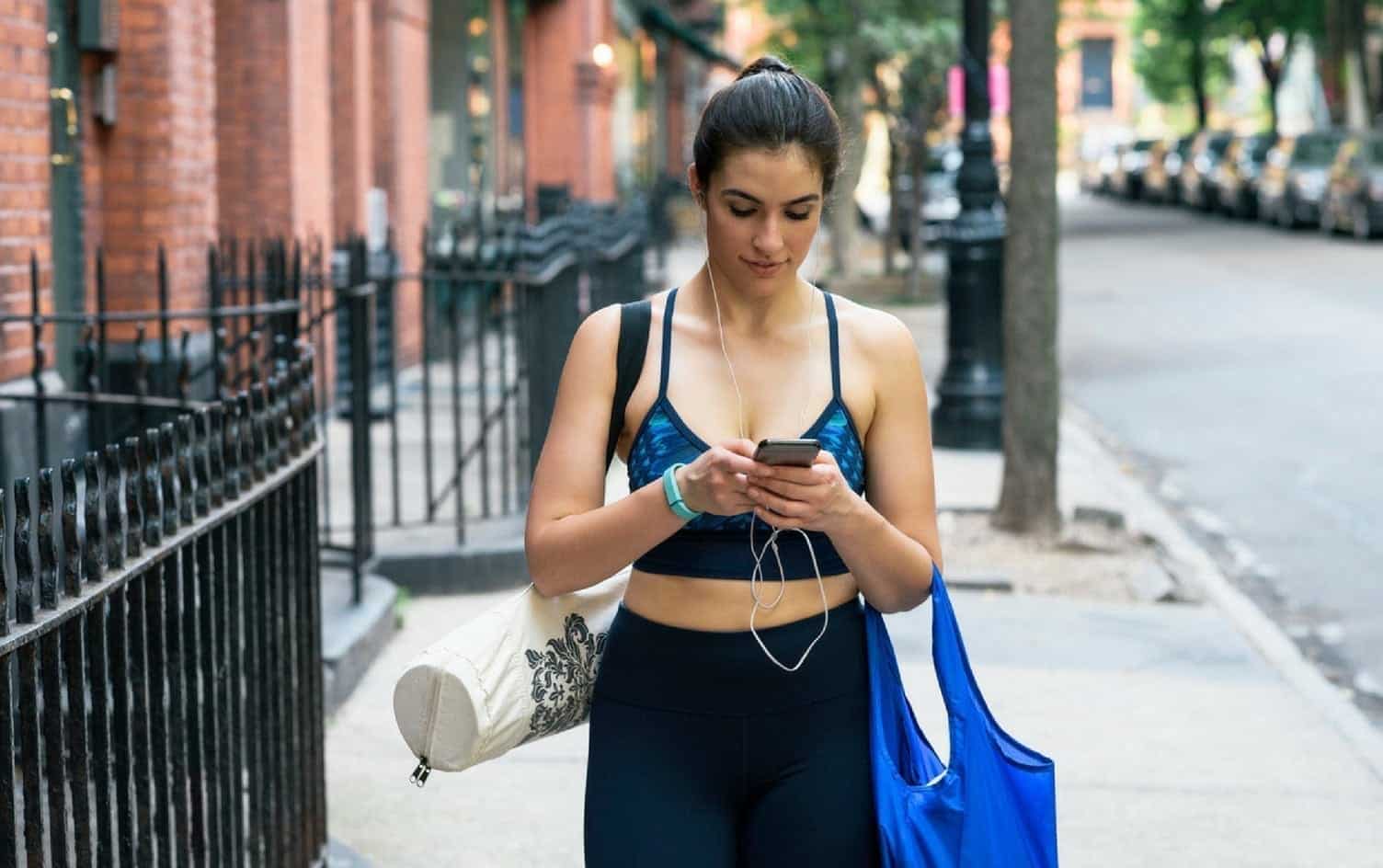On the path toward losing 100 pounds, Karla Pankow got plenty of encouragement from her fellow gym-goers, family and friends. But she found the biggest boost came from her smartphone.
“Social media became more than just a way to see what people were up to,” she says. “When I began to consider it a tool for reaching my weight goals, it turned into a really rich resource.”
Even when she hit that 100-pounds-lost mark, Pankow still turned to social media, especially Instagram, for her next big mission: to enter powerlifting competitions. The advice and support she’d cultivated for her weight loss worked equally well when her goals changed.
“The key is to use social media in the right way,” she says. “You can’t approach it as a method for comparing yourself to others or feeling bad about not making more progress. Emphasize the ‘social’ part, and it can help to fuel your efforts.”
Here are four ways to use social media for your own weight-loss goals:
Finding people on social media who want to lose weight isn’t a difficult task. But sometimes it can be helpful to whittle down your potential list to those who are approaching weight loss in the same way you are.
For example, Pankow chose to follow a Paleo-type diet and try intermittent fasting to see if it worked well for her. So, in choosing people to follow on Instagram, she focused on finding others who were on a similar path — just starting out like she was, but also those who’d gotten closer to their goals, so she could compare her experiences to theirs.
“It was similar to hanging out with people at the gym who share your specific interests, like getting better at lifts, rather than people who do mainly cardio,” she says. “You’re all there to work out and get healthy, but it’s easier to swap notes with the ones who are doing what you’re doing.”
Even though you might never meet your followers on Instagram, they can often become closer to you than some of your in-person friends, says Sloane Davis, certified nutritionist and personal trainer.
“If you’re struggling or feel like giving up, your followers can often supply the motivation you need to break through that plateau,” she notes. “Being honest about where you’re at, especially if you’re discouraged, can mobilize your online team.”
Just as you benefit from being pulled up when you feel down, you can do the same for others, Davis says.
“There is nothing better than motivating, inspiring and encouraging other people to get healthy and fit,” she notes.
Especially as you get further along in your weight loss, you can be helpful to those who are just starting out and need that extra boost to get over the initial hurdles of lifestyle changes and habit modifications.
Unfortunately, not everyone on social media is an uplifting force for healthy change. Some people seem to love getting crusty in their comments, but that doesn’t mean you have to absorb that bad mojo.
“If you’re connecting with inspiring people, you’ll most likely feel inspired, and the opposite is true, too,” says Pankow. “Just take a second to think about how a certain connection is making you feel. If it’s not a good feeling, that’s a connection you should probably drop.”
Also, lean toward using social media as a resource that can support your goals, rather than as a way to make you feel bad if your progress is slower than you’d like, advises Pankow. That means being honest about how much you compare yourself to people who seem to have “perfect” bodies that make you feel incredibly imperfect.
“If you’re following people who trigger feelings like, ‘I’ll never get to where they are,’ then that’s counterproductive,” she says, adding that she also made sure to avoid social media as a time killer or a stress producer — especially since stress can contribute to slower weight loss or even weight gain.
“Maybe step away from the political rants for a while,” she notes. “Set your weight goal, recruit your online team, and use their positive energy to help you get where you want to go.”





One Response
Social media becomes a very important part of many lives. As it influence lives through many ways. You can get updated fitness trends and tips through this to make yourself fit n fine. It is playing a vital role to stay updated about latest fitness trends. Thanks for sharing this useful post that superbly describes how can anyone being fit by following social media.